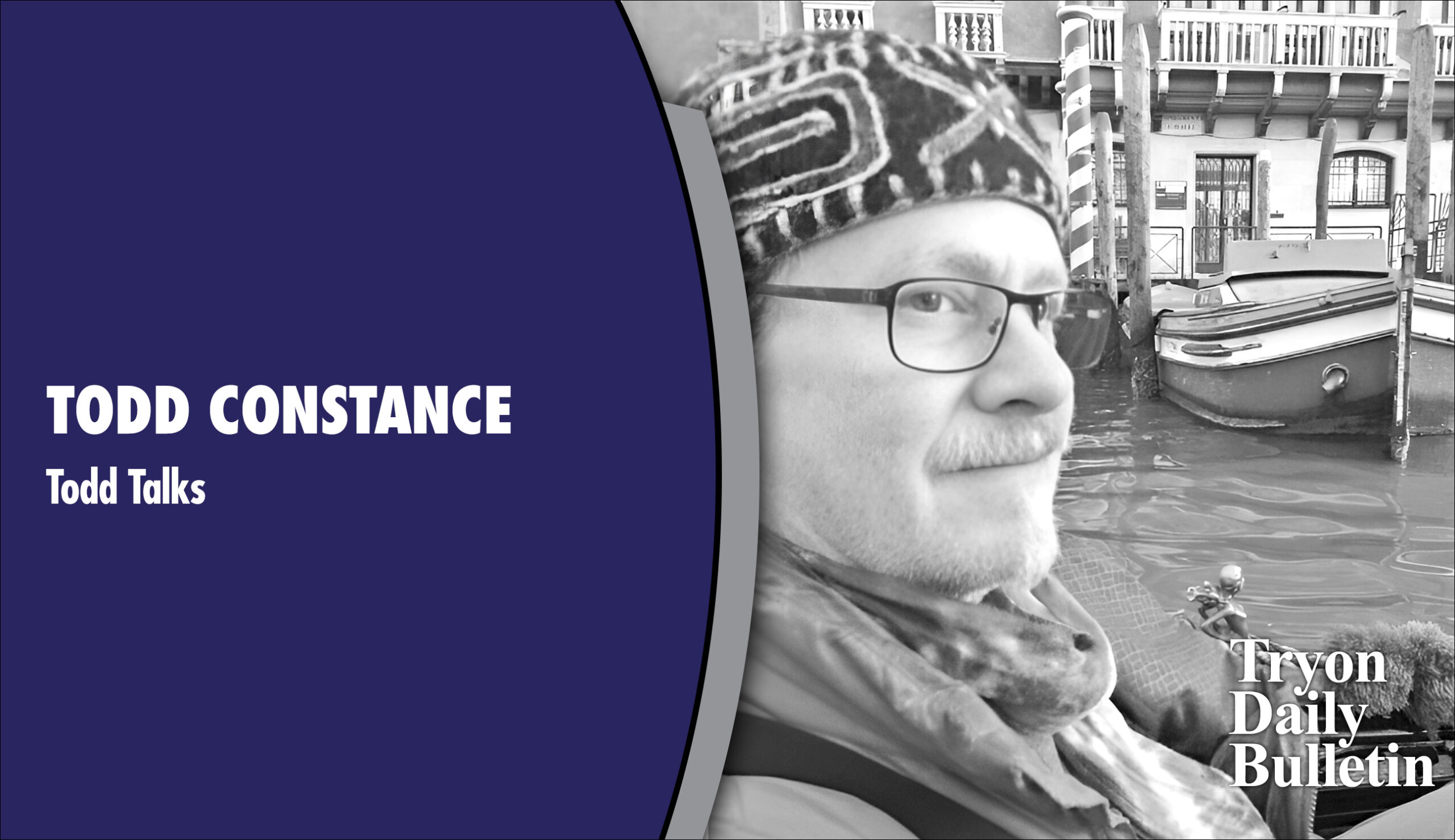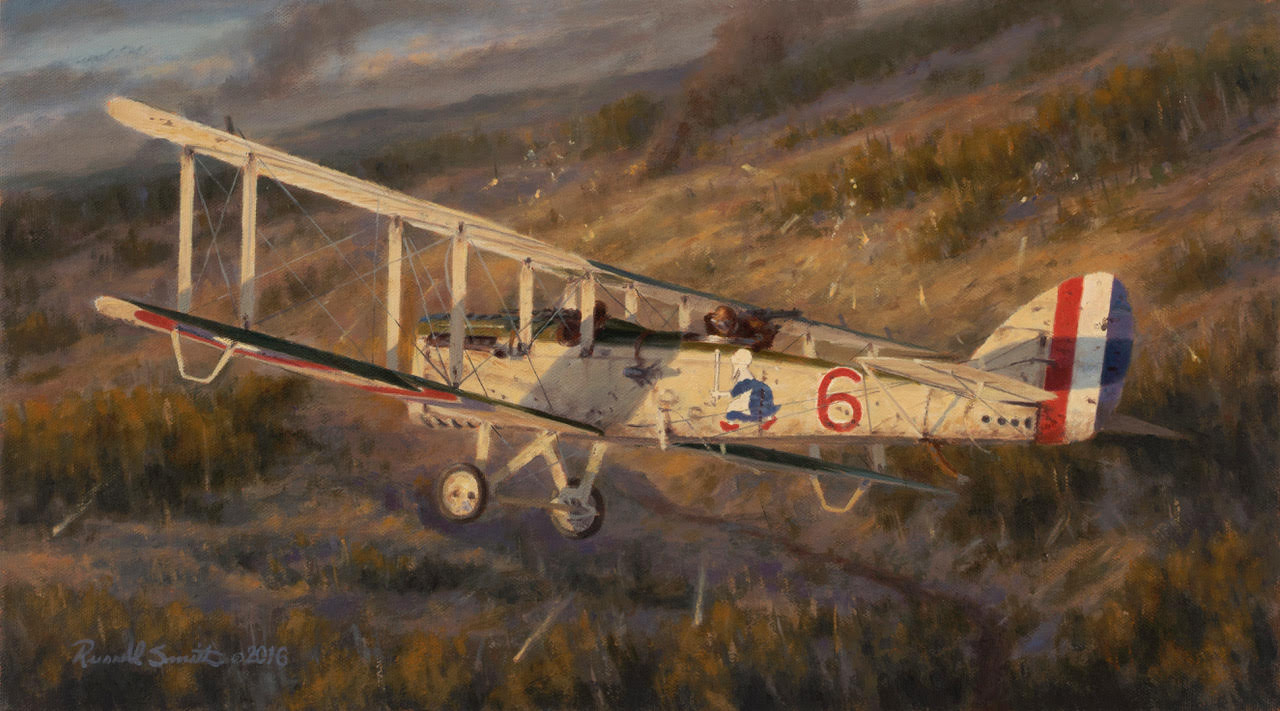How Daniel Boone served our country
Published 11:42 am Tuesday, July 30, 2024
|
Getting your Trinity Audio player ready...
|
By David Streater, PhD
Squire and Sarah Boone came to America from England for religious freedom. Their son, Daniel, was born in Pennsylvania on November 2, 1734, and grew up in the Oley Township of Philadelphia. Daniel received a basic education while exploring the local backwoods. These experiences honed the skills that would serve him well as an explorer and a soldier.
The Boones moved to North Carolina when Daniel was about 15. During his youth, Daniel discovered that being a long hunter was his forté. Over the years, he went on adventures that had mixed outcomes.
Trending
Though others had preceded Boone in exploring the territory of Kentucky, he was the first to find a shortcut using the Cumberland Gap. In the early 1770s, Boone led others to Kentucky on a hunting expedition. It was a fruitful expedition in terms of documenting much about the regions of Kentucky and Tennessee.
In 1775, Boone was commissioned as a captain in the Virginia militia due to his frontier skills and leadership abilities. The Transylvania Purchase of 1775 authorized Boone to explore the Cumberland Gap in Kentucky, and a small base camp became known as Boonesborough. Settlers soon followed to escape the violence of the Revolutionary War. Unfortunately, battles continued in the new land.
In January 1778, Boone led an expedition of 30 men from Boonesborough to find salt for curing food. While hunting at Licking River, Boone was captured and taken to Shawnee Chief Blackfish. Instead of fighting back, Boone and his men surrendered to the Shawnee on February 8, 1778.
Taken to Chillicothe, Ohio, they were made to run the Shawnee’s gauntlet. Boone and his group, who demonstrated bravery and endurance, were adopted by the tribe. Boone and the others gained the Indians’ confidence by taking on assigned duties. Boone was to repair the Shawnees’ muskets. Unbeknownst to his men, Boone sabotaged the rifles. During this time, Boone could not tell his group that the repairs were a way to defeat the Shawnee and save Boonesborough.
While with a hunting party of his captors, Boone escaped and returned to Boonesborough and learned his family had returned to North Carolina, believing he was dead. Soon thereafter, Boone’s life would change as he could have never imagined.
Though Boone’s actions saved Boonesborough and its residents, he was charged with treason. Colonel Callaway and Captain Logan filed the charges. They claimed Boone acted illegally by surrendering and plotting with the Indians and British. The officers also envied his increasing fame, which overshadowed them.
Trending
A court-martial would revoke Boone’s commission and ruin his reputation. Military officers were the judge and jurors. Callaway presented the charges, and Boone defended himself. The court-martial quickly ended with Boone being acquitted because of his testimony about his strategy while in captivity. Because of Boone’s leadership and tactical actions, the court promoted him to a major.
Boone’s popularity came from various media sources. Boone, a noble patriotic frontiersman, was vital in forming America. Over the years, Boone was also a sage, statesman, and sheriff. Additionally, Boone was a soldier reaching the rank of colonel. Boone died at Defiance, MO, on September 26, 1820; unfortunately, his final resting site is unsure.
Daniel Boone has many landmarks and towns named in his honor, most notably Boone, NC.
Please visit the Polk County Charters of Freedom setting in Columbus, at the corner of Gibson and Ward Streets beside the House of Flags Museum. Vance and Mary Jo Patterson are the benefactors of Foundation Forward, a 501(c)(3) nonprofit educational organization that made the Polk County Charters of Freedom possible. Visit FoundationForward.com to learn more.
Dr. David Streater is the director of education for Foundation Forward, 501(c)3. To obtain a personalized engraved legacy paver for placement at the Charters of Freedom perpetual display or free educational materials, contact him at david.streater@mymail.barry.edu.






